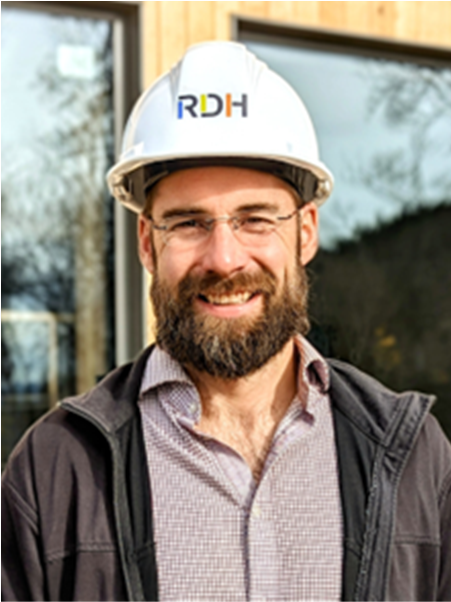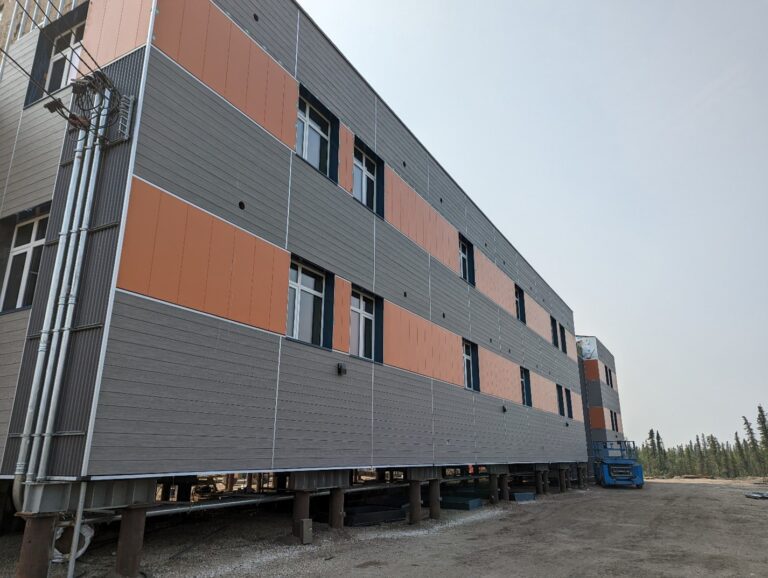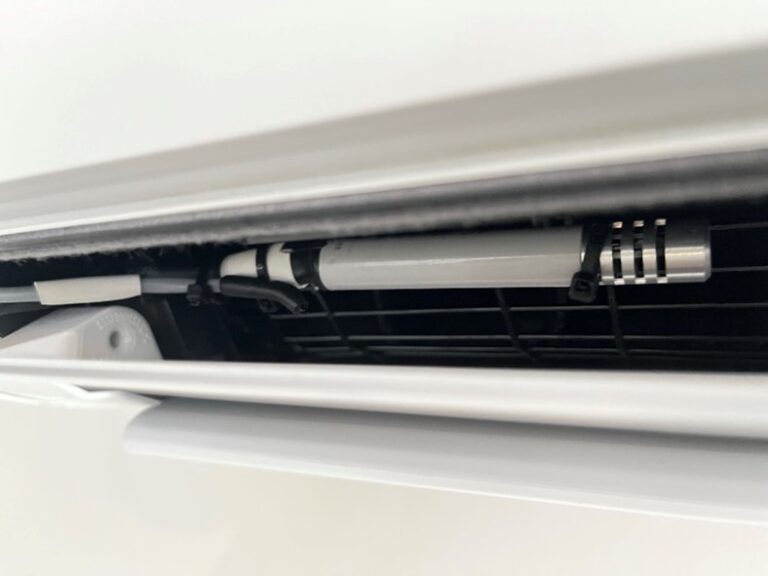The feasibility of net-zero building design has been a topic of controversy in Canada’s North. RDH conducted a comprehensive study to assess the feasibility of achieving Passive House and near-net zero energy performance levels, specifically conforming to Step 4 and 5 of the BC Energy Step Code. The focus was on residential buildings in Canada’s challenging northern climate, encompassing the Far North (climate zones 7a to 8).
The study’s implications go beyond individual projects, aiming to influence the formulation of new near-net zero energy policies, and contributing to targets in the National Building Code energy performance tiers. The research outcomes are particularly relevant, providing valuable insights into achieving high-performance targets in the unique climatic conditions of northern regions.
Additionally, the study identified barriers specific to northern locales, revealing challenges related to building science considerations, material and labor availability, and the suitability of cold-climate HVAC equipment. These findings are crucial for advancing NRCan and NRC code development objectives and aligning with goals outlined in the Pan-Canadian Framework on Clean Growth and Climate Change.
A follow-up technical bulletin highlighted a case study building, the northernmost Step 5 building in BC, as a practical example of advanced energy performance standards. The takeaway from the case study building and feasibility study is that net-zero design is an achievable reality in all Northern climate zones.
By exploring the complexities of achieving superior energy performance in the northern context, this study substantially contributes to the ongoing discourse on sustainable building practices. The insights from the case study building, along with the broader analysis, position this research as a valuable technical resource for architects, builders, and policymakers dealing with the challenges of energy-efficient construction in northern climates.
Share This Post
Date:
December 6, 2023
Client:
Canada Mortgage and Housing Corporation
Year Published:
2019





